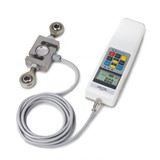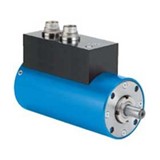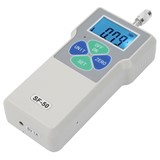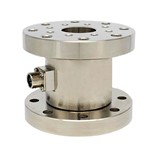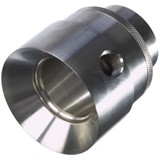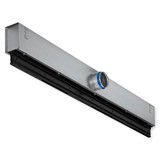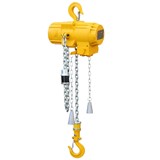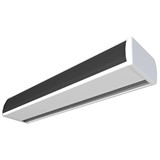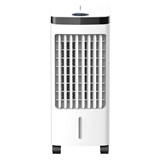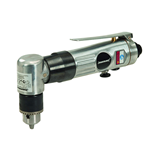The initial phase of this long-term, perhaps three-decade acquisition project is estimated to be a US$35 billion dollar contract.
Very much at issue is whether there will be more than one qualified bidder on this massive contract.
In the previous, extremely controversial, two attempts at awarding a contract, Boeing was caught in a bid-fixing procedure on the first go-around. In the second go, the US Air Force was found to have botched the proposal requirements, after issuance, to favor the larger airframe presumed to be the entry by European Aeronautic Defence and Space Company (EADS), North America, as a consortium with Northrop Grumman.
Reportedly, the EADS/Northrop group may not bid on this third 'competition' because the proposal has been scaled back to the specifications of the first version, which favors a smaller airframe, such as the Boeing 767, rather than the larger Airbus A330.
If EADS/Northrop chooses not to bid, Boeing would become a default sole source contractor. Defense Industry Daily estimates that it will cost a bidder about US $100 million to complete a proposal document.
Australian industry wins, either way
Any of the various results, however, will benefit Australian business and industry. At present, components and sub-components for both Boeing and Airbus are manufactured and shipped to the United States, France, United Kingdom and Canada.
The advanced composite carbon fibre technology, an industry leading Australian capability, would be essential to production of the structures necessary for the rumored Boeing tanker that will emphasize lighter weight and higher fuel efficiency. And Airbus A330 components are current business for both large and small contractors in Australia.
Ironically, the result of global sourcing is that either successful bidder on the US Air Force KC-X contract will result in economic benefits for Australian. Most observers estimate that the contract award will be announced mid-year of 2010.
Within the United States, political battles in Congress are shaping up over this major contract. A Boeing win results in jobs for the state of Washington. An EADS/Northrop success would result in jobs for Alabama, with the added growth generated by the need to construct a factory.
For Australia, it would appear that the best result would be a Boeing contract in terms of generating the most jobs and the longest on-going involvement with airframe component production for perhaps 20 years. Also, the version derived from the Boeing 767 would probably require some factory re-tooling and personnel retraining for the project. In either event, this is a huge project with large-scale financial impacts around the world, and especially in Australia.


